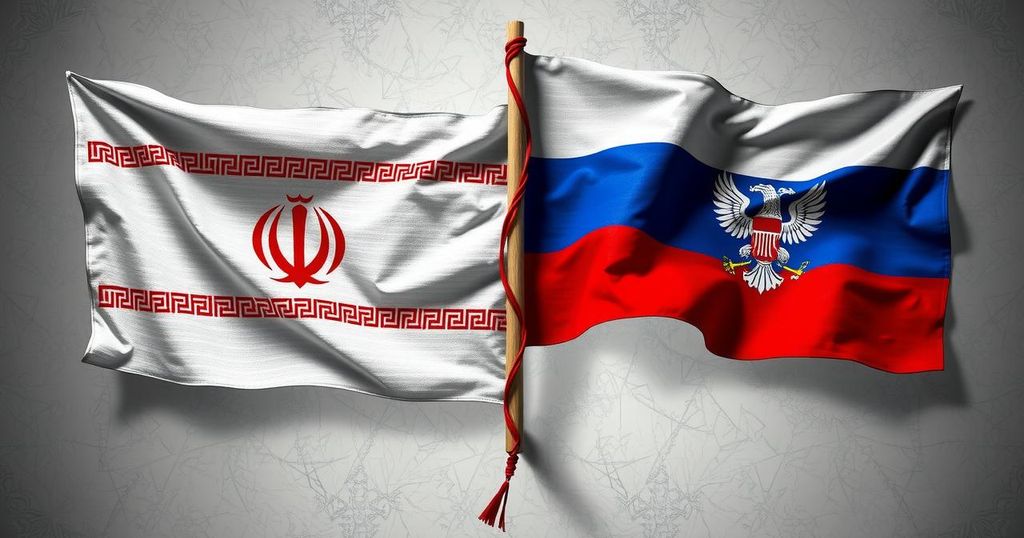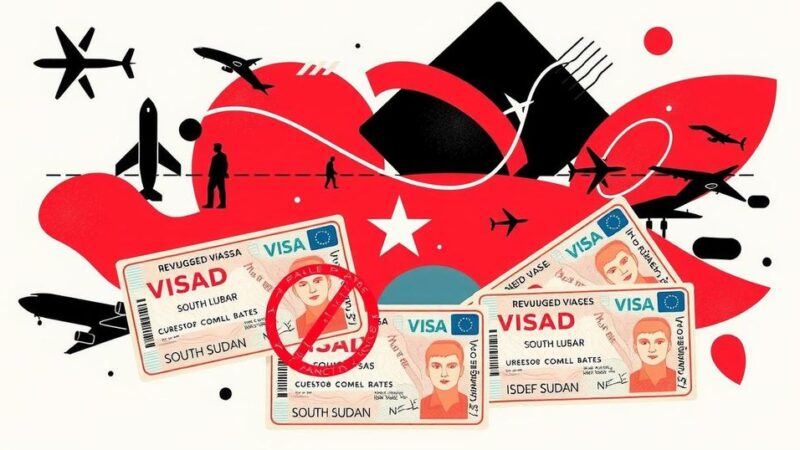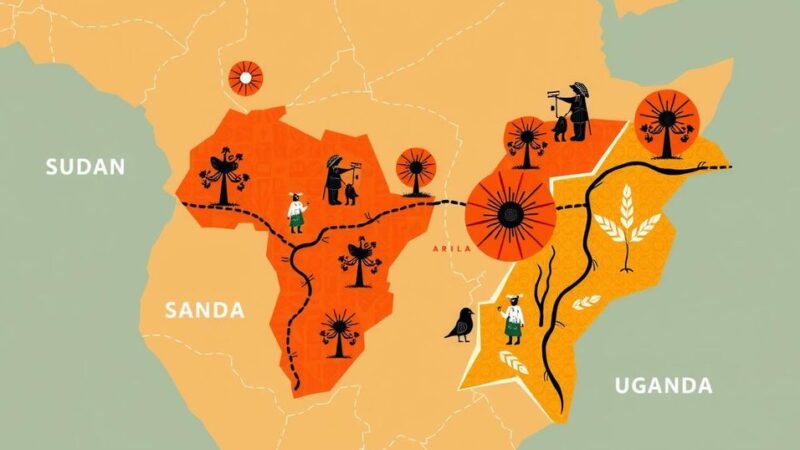Iran and Russia are poised to sign a treaty on comprehensive strategic partnership focused on defense and security cooperation, amid growing tensions due to the Ukraine conflict. The treaty reflects their commitment to strengthen bilateral ties in various sectors, including trade and military technology, while navigating Western sanctions.
Russia and Iran are set to formalize a “comprehensive strategic partnership” treaty during the visit of Iranian President Masoud Pezeshkian to Moscow this Friday. This strengthening of ties between the two nations, regarded as “pariahs” by many in the West, has emerged against the backdrop of the Ukraine conflict. The Kremlin has announced that President Vladimir Putin will engage in talks with President Pezeshkian, focusing on various areas of cooperation, especially defense and security. The treaty, long anticipated, is expected to enhance military collaboration and address critical regional and global security issues, as indicated by statements from Russian Foreign Minister Sergey Lavrov.
Additionally, the treaty is poised to encompass broader bilateral cooperation in trade, investment, transportation, and humanitarian efforts. The relationship has intensified particularly with regard to military technology, as Iran has supplied drones utilized by Russia in its ongoing military operations in Ukraine. Reports have also surfaced regarding Iran establishing a significant drone production facility in Russia.
The geopolitical landscape further complicates the situation, as both nations face stringent sanctions from the United States and the European Union due to their activities related to the Ukraine conflict. While Western intelligence has raised concerns over potential Iranian missile transfers to Russia, definitive evidence remains unsubstantiated. Iran, through officials like Jalali, asserts that the treaty will bolster its sovereignty and independence, rejecting alignment with any specific political blocs.
The treaty between Russia and Iran represents a pivotal shift in international relations, particularly in the context of increasing isolation faced by both countries due to Western sanctions. Following the geopolitical tensions stemming from the Ukraine war, both nations have sought to enhance their strategic partnership, particularly in defense. The developments also reflect broader shifts in regional alliances, particularly after the instability in Syria. Such partnerships symbolize a united front against geopolitical pressures emanating from Western powers, reaffirming the assertion of national sovereignty by both parties.
The upcoming treaty between Russia and Iran marks a significant development in the geopolitical landscape, highlighting both nations’ commitment to deeper cooperation, particularly in defense. It symbolizes a response to Western sanctions and underscores their intention to maintain national sovereignty. As they join forces, the implications of this partnership will extend beyond immediate military collaboration, potentially influencing global security and political dynamics.
Original Source: oilprice.com






